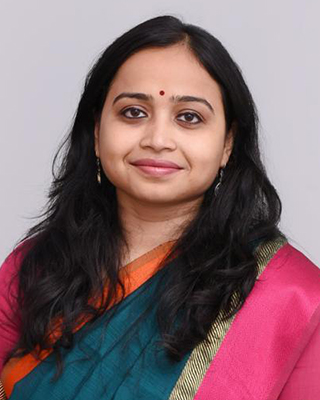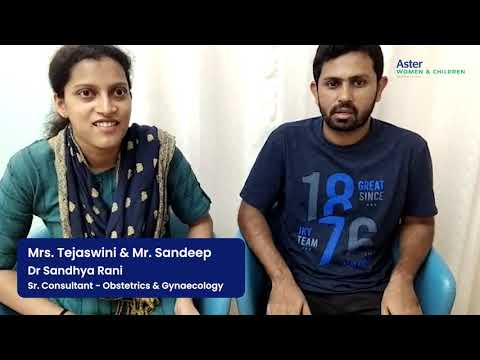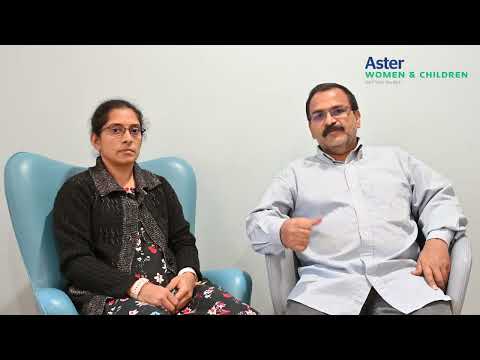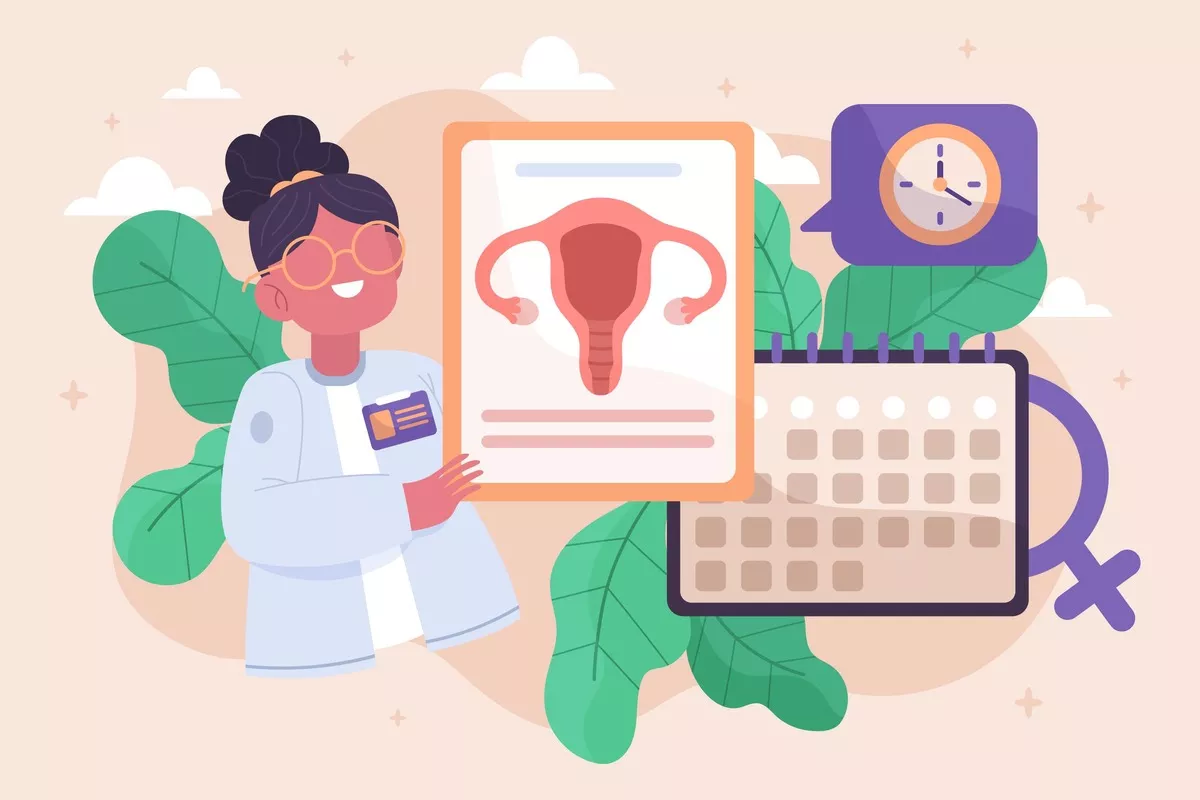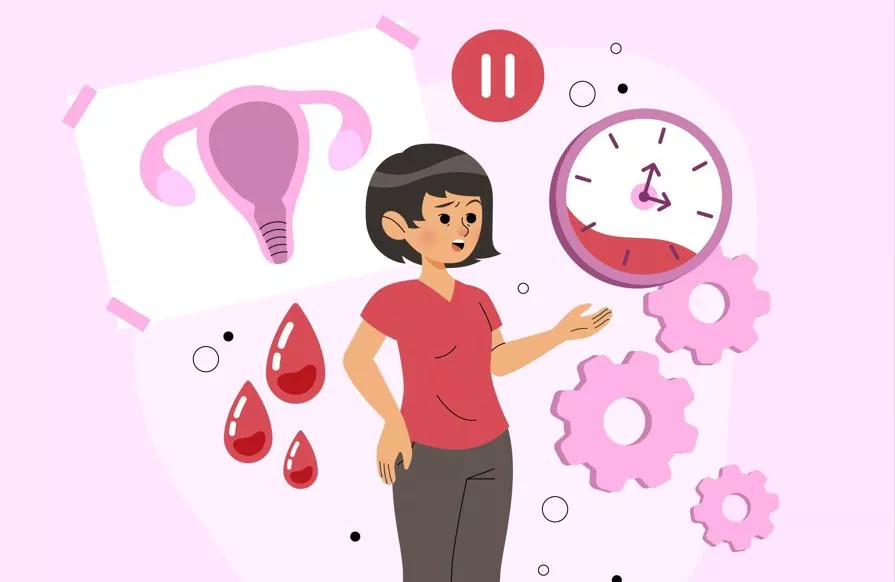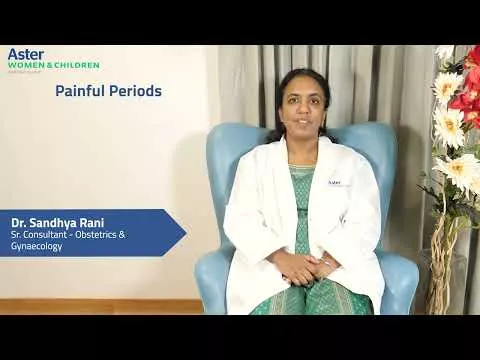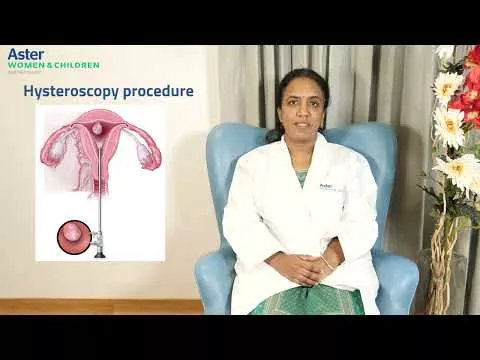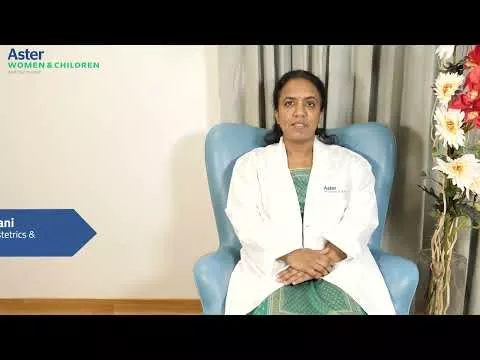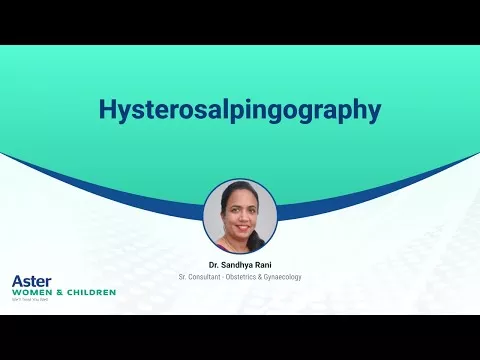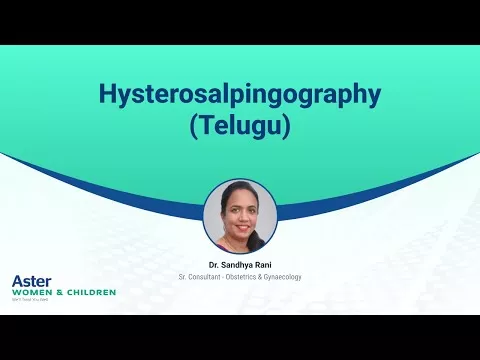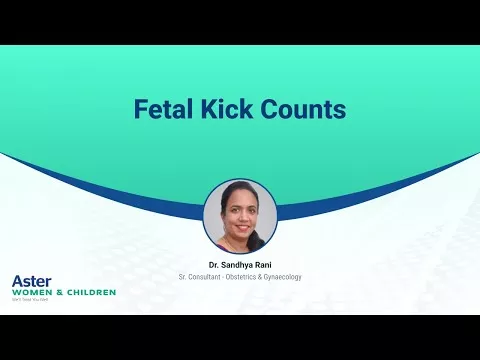The Department of Obstetrics includes a team of expert Gynaecologists, Foetal medicine experts, Nutritionists, Physiotherapists, and trained and experienced nursing staff.
We provide comprehensive care ranging from pre-natal care to post-natal care. DOB observes pregnancy care that includes pregnancy trimesters, types of delivery, pregnancy scans, pregnancy complications and vaccinations.
The Foetal Medicine Department is fully equipped with the latest technologies to assess the growth and development of your unborn baby at various stages of the pregnancy. We have a team of experienced ultrasound specialists who monitor both the mother and child with the help of state-of-the-art ultrasound scanning equipment.
The Gynecology department covers the gamut of services a woman need in her life time from contraceptive advice care to treating pain & bleeding issues, uterine fibroids, urinary incontinence, diagnose and treat abnormal pap smears and help manage conception and early pregnancy.
The department covers menstrual disorders, menopause, pelvic floor issues, contraception, gynec cancer, MTP and family planning.
Our Doctors
We have some of the best specialists from around the world, they bring years of experience and offer evidence-based treatment to ensure the best care for you.
Advanced Technology & Facilities
Well equipped with the latest medical equipment, modern technology & infrastructure, Aster Hospital is one of the best hospitals in India.
The labor Room is the most versatile place at the hospital. Once you are placed in a room, this is the room that you will use for your labor and birth, in addition to the initial hours of recovery. The LDR is designed for all kinds of births. LDR can be used for women choosing to go unmedicated or those who wish to have an epidural. These rooms can also handle minor emergencies and procedures including forceps and vacuum deliveries.
LDR suites with facilities of labour, delivery & recovery under one roof.
Modular spacious Operation Theatres. The tables are all USFDA approved products with operating room staff and patient safety in consideration.The OTs are HEPA filter mounted laminar air flow with automatic hermetically sealed Doors. The safety of the patient in the operating room commences before the patient enters the operation theatre. OT temperature and humidity is regulated from time to time to keep the environment healthy for speedy recovery. Strict aseptic precautions and sterile atmosphere is maintained using special filters in thel operation theatres.
Procedure rooms are created seperately for patients related to OBGY and Paediatirics to conduct small procetures.
FAQs
Want to find out more about the treatment? The answer to your questions can be found below.
Are Obstetricians and Gynaecologists same?
No
What conditions do Obstetrics and Gynaecologists treat?
Obstetricians manage:
- Pregnancy and prenatal care
- Labor and childbirth
- Postpartum care
- High-risk pregnancies
- Miscarriages
Gynecologists treat:
- Menstrual problems (e.g., heavy periods, pain)
- Reproductive health issues (e.g., endometriosis, fibroids)
- Fertility problems, Menopause management,
- Sexually transmitted infections (STIs),
- Gynecologic cancers (e.g., ovarian, cervical, uterine).
What are the early signs of Pregnancy?
Common early signs of pregnancy include:
- Missed period
- Nausea or morning sickness.
- Fatigue.
- Tender or swollen breasts.
- Increased urinationLight spotting (implantation bleeding)
- Food cravings or aversions.
- Mood swings.
What are Obstetrics and Gynaecology?
Obstetrics: The branch of medicine that deals with pregnancy, childbirth, and the care of women during and after childbirth.
Gynecology: The branch of medicine that focuses on the health of the female reproductive system, including the diagnosis and treatment of disorders and diseases related to the uterus, ovaries, fallopian tubes, and breasts.
What is pre natal care visit?
A prenatal care visit is a medical appointment for pregnant women to monitor the health of both the mother and the developing baby. It includes physical exams, lab tests, ultrasounds, and discussions about health, nutrition, exercise, and any potential complications.
What are the precautions of 1st Trimesterpregnancy?
Precautions during the first trimester include:
- Avoiding harmful substances (e.g., alcohol, smoking, certain medications).
- Eating a balanced diet with sufficient folic acid, iron, and calcium.
- Maintaining regular prenatal visits.
Patient Stories
Our patients are our best advocates, hear the inspiring stories of their treatment journey
Blogs
The source of trustworthy health and medical information. Through this section, we provide research-based health information, and all that is happening in Aster Hospital.




